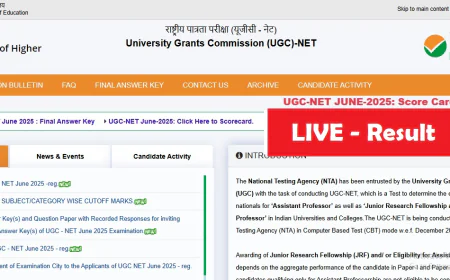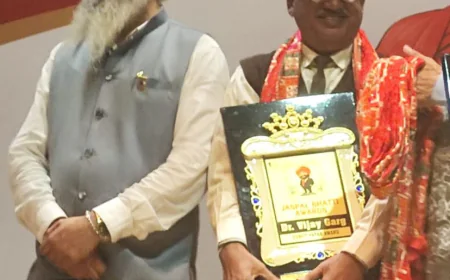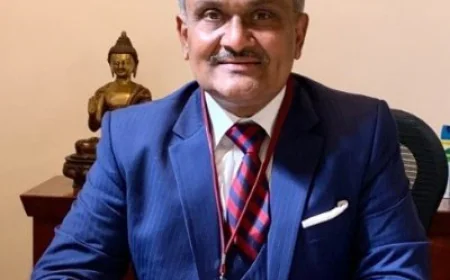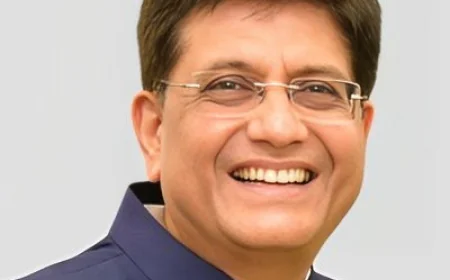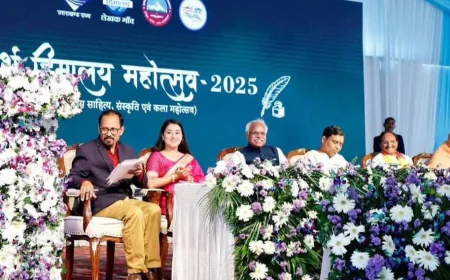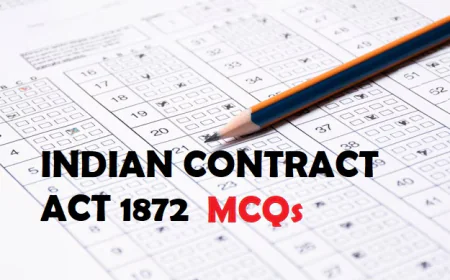The trend of nuclear families is eating away social morality like termites.
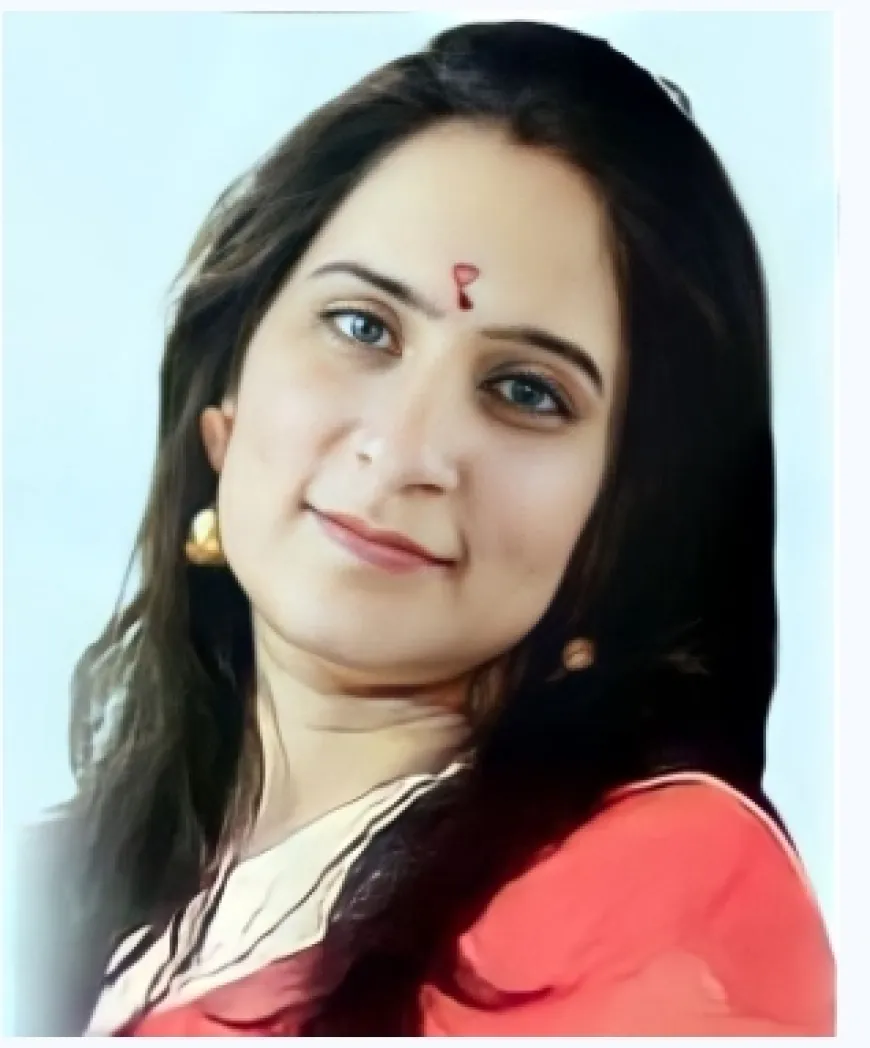
The trend of nuclear families is eating away social morality like termites.
The increasing nuclear families have changed the very nature of our society. Today's children are not getting the values and discipline that they used to inherit from joint families, and as a result of this, social problems like family breakdown, domestic violence, feelings of insecurity, suicide, rape, kidnapping, etc. have spread in society. The biggest worrying situation is that of our elders. However, the main reason for the increasing nuclear families is the restrictions, customs, and traditions of joint families. Even now, people need to mold their thinking according to the times.
■ Priyanka Saurabh
The growing influence of nuclear families, consisting of small families of parents and children, has significantly eroded the own family group, especially its traditional function in inculcating values. This shift, driven by urbanization, financial pressures, and individualistic lifestyles, has altered the way values are transmitted. While nuclear families allow for independence and personal growth, they also face challenges in transmitting cultural, moral, and ethical values that were previously reinforced through the extended family structure. Impact on the family as an institution for inculcating values The role of the extended family in value transmission has diminished.
In traditional joint families, grandparents, uncles, and aunts played an important role in storytelling, advising, and reinforcing collective values such as identity and a sense of network for elders. With nuclear families, this intergenerational connection is weakened, restricting children's exposure to different viewpoints. Confucius emphasized one's family members as the first capacity for virtue. The decline of multi-generational living may also weaken this moral education. In nuclear families, parents bear the entire burden of supplying values, regularly combining this with professional commitments. This may lead to a shortage due to time constraints or stress. Urban nuclear families may prioritize educational fulfillment over coaching of empathy or patience, creating individualistic attitudes in children. Nuclear families promote values such as autonomy, decision-making, and personal responsibility, which align with current societal demands.
John Stuart Mill valued individual freedom and self-reliance as qualities essential to individual and social progress, which nuclear families effectively sell. Nuclear families often prioritize the needs of their own family, which undoubtedly diminishes the awareness of collective values such as sharing, sacrifice, and mutual aid, which were essential to the joint family system. Festivals, which once strengthened networks and cultural bonds in joint families, are now celebrated in solitude. While traditional systems are weakening, nuclear families are becoming more and more dependent on schools, peer groups, and virtual systems for education. However, a lack of personal mentoring can also impair moral development. In nuclear families, the absence of models from multiple positions can also limit children's ability to observe and study multiple virtues. The growing emphasis on nuclear families has reshaped the family's position in developing values. While promoting independence and self-reliance, it often diminishes awareness of collective knowledge and cultural traditions provided by extended families.
To bridge this gap, nuclear families must consciously adapt by emphasizing pleasant parenting, fostering network connections, and responsibly taking advantage of modern tools. As Confucius said, "The energy of the state is derived from the integrity of the home," highlighting that families, regardless of structure, remain valuable for shaping moral citizens. The nuclear family is an "organic" phenomenon of primate human society. It is not an adaptive form in the evolutionary archive of human development nor a useful addition to economic society. Rather, it is almost customary in human time and social space. Its nucleus is a unit of husband-wife and parents-children. Its normal form often errs because of death, abandonment, or loss of offspring, but its model form is maximally stable. Under all circumstances, there tend to be elderly parents of the spouses within the family and sometimes additional distant family, although those semi-external factors are due more to necessity and filial piety than to any other cause.
Under different social circumstances, the nuclear family is united to the external society using various means, including "clans," castes, villages, and public regulation. The nuclear unit in Western society has become more and more difficult for spiritual bureaucracy for moral management and for civil regulation for governance purposes. Relatives, in addition to loved ones, have lost power. This has made one's own family more "factual" than in its former state of extreme morality. As a result, the nuclear family has weakened because it is largely an organization of religion and is no longer very much controllable with the aid of litigation and public regulation.
This is therefore not going well in Western countries, leading to a general loss of fundamental primate values. This leads to the reform of family corporations, which bring "spontaneous" moral pressures back into the picture. The fate of the nuclear family, here called a "counter-revolution," will probably be one of increasing assistance from relatives in the next generation. There has been so much change in the social structure that now there is very little difference between live-in relationships and marital affairs, as a result of which women and men have started preferring to remain single rather than getting interested in marital relationships. The fault here is not of any family but of giving preference to western values. We Indians have now started considering it better to separate from the responsibilities rather than fulfilling them. Now in the West, people within their own families tend to move cyclically at short intervals of several generations. A study of 55,000 families shows this suggested reversal.









